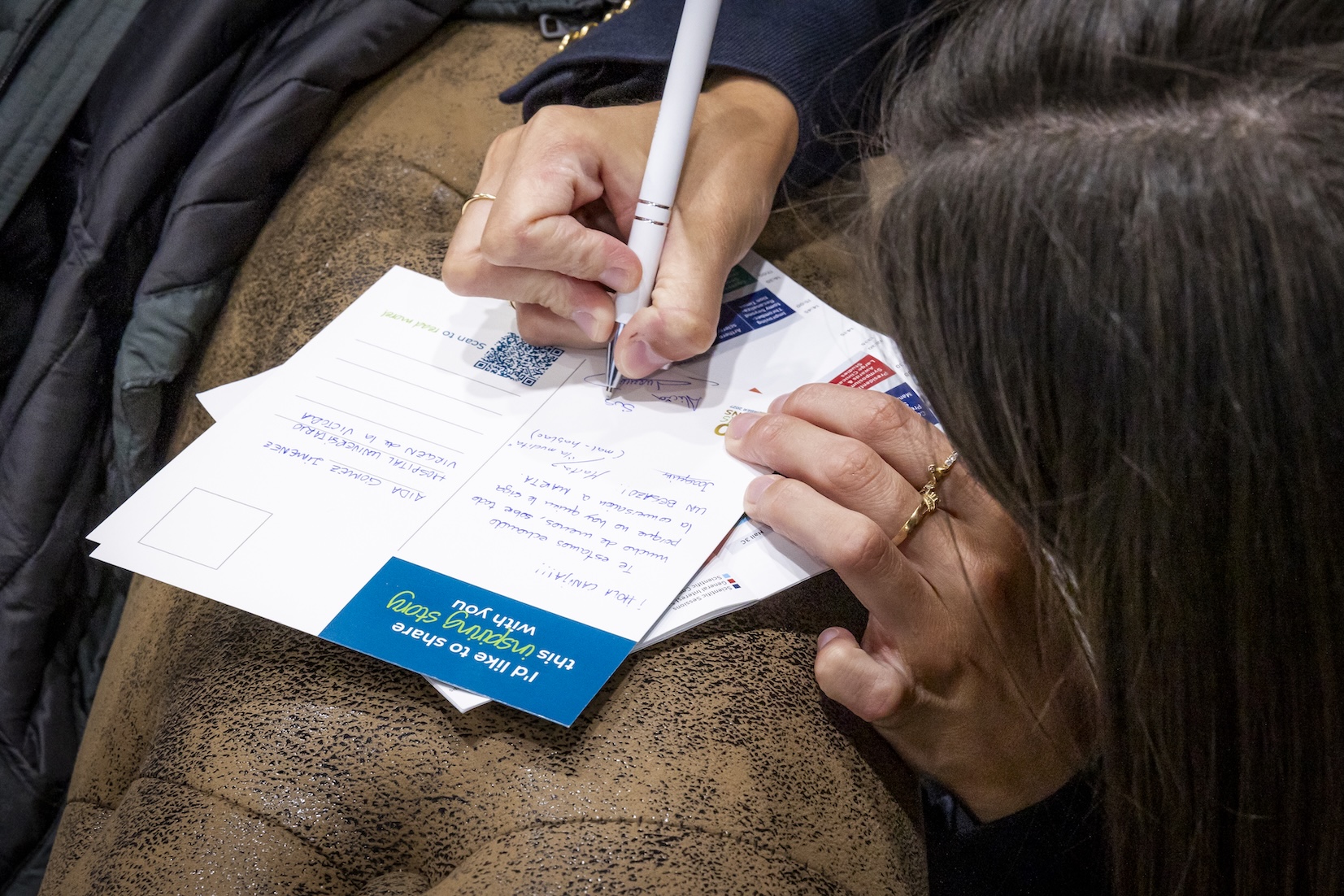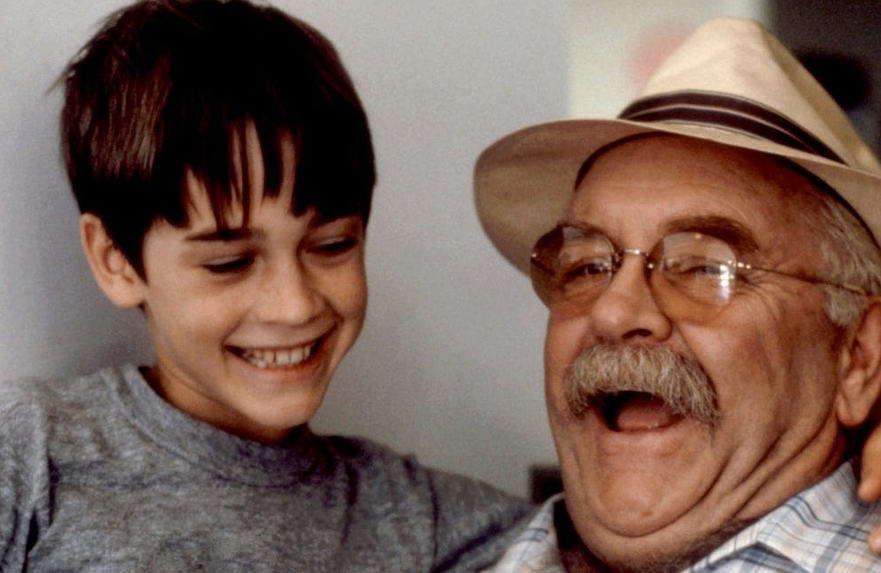
JEŻELI został/a Pan/Pani poproszony/-a o nazwanie kluczowego roku leczenie udaru w Szpitalu Uniwersyteckim w Torrecárdenas i odpowiedział/a Pan/Pani na pytanie 2021, to będzie Pan/Pani miał/a rację. Ponieważ był to rok tego szpitala w Almeríi leczył 120 pacjentów z udar niedokrwienny mózgu terapia reperfuzyjną, podwyższono wskaźnik rekanalizacja do 40%. Był to również rok, w którym zdobyła pierwszą nagrodę diamentową Europejska Organizacja Udarowa (ESO) Angels. Diamentowa nagroda Angels
Jeśli odpowiedzieli Państwo na 2019 r., nadal będą Państwo mieli rację, ponieważ w tym roku średni czas oczekiwania między przybyciem do szpitala a podaniem leku spadł powyżej 40 minut – 20 minut poniżej ustalonego przez siebie celu.
Jeśli powiedziałeś, że w 2018 roku, to oczywiście byś miał rację, ponieważ w tym roku oddział lecznia udarów z pięcioma łóżkami otwartymi w październiku, a Szpital Uniwersytecki w Torrecárdenas stał się centrum skierowania do lokalnej sieci leczenia udar.
Jak pani powiedziała 2017, to miałaby Pani rację, bo to był rok, w którym pierwsi pacjenci z udar w tym szpitalu byli leczeni podczas TK.
Gdyby pani powiedziała, że w 2016 r. by pani miała do czynienia, ponieważ w tym roku bardzo wykwalifikowany neurolog wrócił do domu do Almeríi. Jedną z pierwszych rzeczy, które dr Patricia Martínez Sánchez zrobiła po przybyciu z Madrytu, było stworzenie protokołu udar w Szpitalu Uniwersyteckim Torrecárdenas.
A jakbyś odpowiedziała 2013, to nie byłoby źle. Ponieważ był to rok Joaquín Alberto García Gálvez został główną pielęgniarka neurologia w Szpitalu Uniwersyteckim Torrecárdenas, doświadczoną pielęgniarka, której zawód również dzwonił.
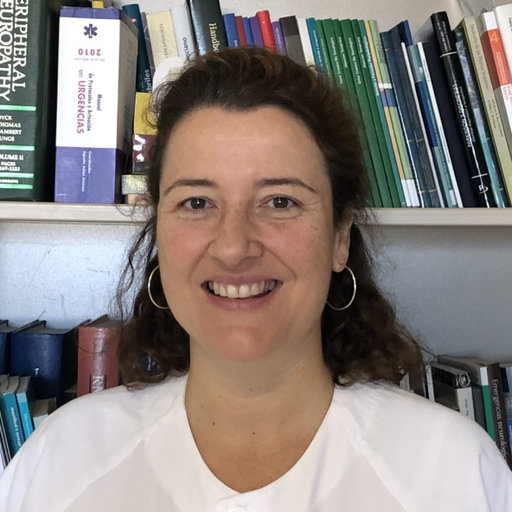
LEKARZ Martínez wrócił do Almeríi za pośrednictwem Complutense University of Madryt, gdzie studiowała medycynę, oraz Szpitala Madrytowego, gdzie specjalizowała się w neurologia.
La Paz miał jeden z pierwszych oddziałów udar w Hiszpanii, pod kierownictwem renomowanego profesora Exuperio Díeza Tejeor i jego następcy dr Blanca Fuentesa. Pod ich tutelem zdecydowała się na poświęcenie się chorobom mózgowo-naczyniowym.
Kiedy dr Martínez dołączył do Szpitala Uniwersyteckiego w Torrecárdenas w 2016 r., nie miał on oddział lecznia udarów i protokołu dotyczącego udar. Obecnie w tym samym szpitalu jest całodobowy zespół neurologia i neurologia interwencyjnej, lekarze rehabilitacja, fizjoterapeuci, terapeuci mowy i terapeuci zajęciowi na oddział lecznia udarów. Jej wskaźnik rekanalizacja wzrósł o 400 procent.
70 000 mieszkańców Almeríi jest obecnie obsługiwanych przez regionalną sieć udar, która składa się z kompleksowego centrum leczenia udarów (Torrecárdenas University Hospital) oraz dwóch regionalnych szpitali przystosowanych do leczenia udar. Odpowiedzialność za optymalny przepływ pacjentów pomiędzy ośrodkiem a rzecznikami spoczywa na Wojewódzkim Komitecie Udarowym, którego koordynator jest dr Martínez.
W samym Torrecárdenas zapis jest przechowywany nie tylko w okresach od przyjęcia do wdrożenia igłą i od przyjęcia do wdrożenia pachwiny, ale także w każdej minucie, która zaznacza w każdym elemencie ścieżki od początek do rozpoczęcia leczenie. Doprowadziło to do udoskonalenia, takich jak pobieranie próbek krwi do karetka i kroków mających na celu zapewnienie, że badania nie zostaną powtórzone. Po przybyciu pacjent na szpitalny oddział ratunkowy aktywowany jest stoper w celu zmierzenia minut, które upłynęły, zanim żurney trafi do skanera TK.
Prawdopodobnie największy wpływ na czas leczenie wywierają leczenie podczas badania TK, które oficjalnie stało się częścią protokołu udar w 2021 r., a także rok, w którym konsultant Angels Alicia Arjona kierowała zespołem Torrecárdenas podczas szkolenia symulacja, a protokół FeSS (Fever - gorączka, Sugar - cukier, Swallowing - przełykanie) został wdrożony w opiece po ostrym leczeniu.
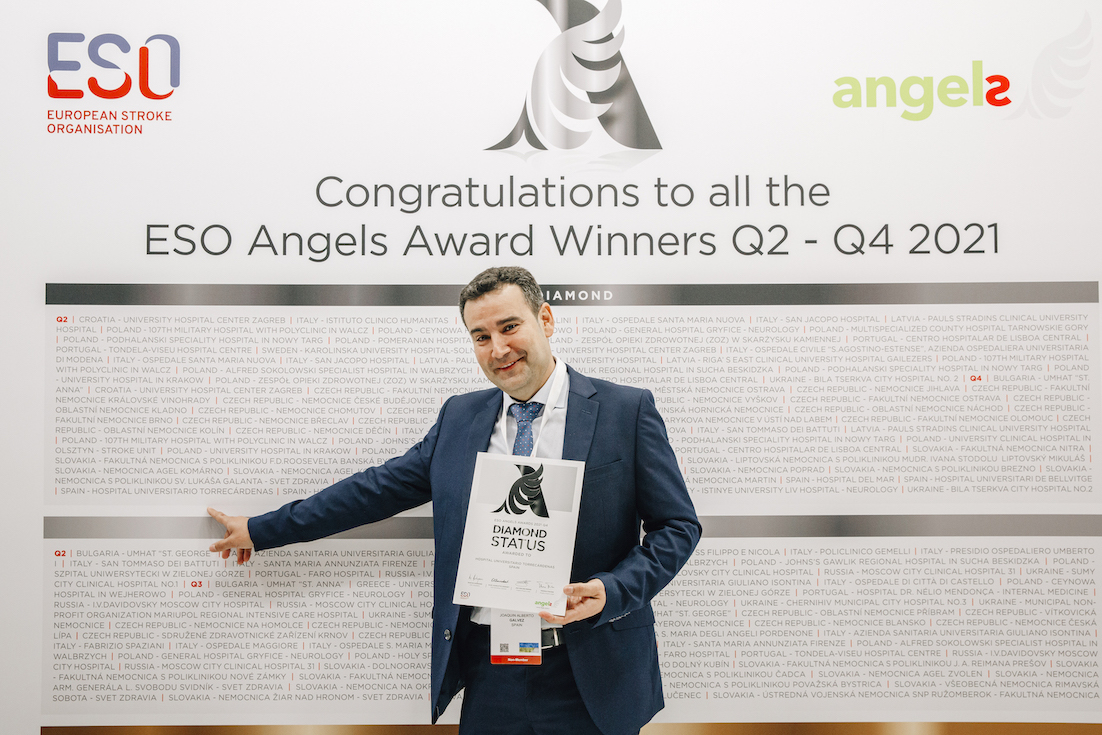
KIEDY Alicia poznała Joaquín García Gálvez w 2019 r., natychmiast rozpoznała jasny punkt, który mógłby pomóc jej w przekształceniu leczenie udaru w Andaluzji. The
główna pielęgniarka ze Szpitala Uniwersyteckiego Torrecárdenas była niesłownym superbohaterem, którego poparcie dla pacjentów z udar obejmowało kampanię na potrzeby interwencji, takich jak leczenie w
TK i udział w badaniu QASC i nagrodach Europejska Organizacja Udarowa (ESO) Angels. Wraz z Raimuną Caro Quesada z Sewilli odgrywa kluczową rolę w Andalusskim Komitecie Sterującym Pielęgniarek, utworzonym podczas pandemii w celu standaryzacji opieki pielęgniarstwo nad pacjentami z udar w regionie.
Joaquín jest wierznikiem w udoskonalenia oparte na danych, który doprowadził do włączenia Szpitala Uniwersyteckiego Torrecárdenas do RES-Q, którego celem jest monitorowanie najważniejszych miar jakości w leczenie udaru. Odnotowując wpływ ulepszeń wprowadzonych przez dr Martíneza, interwencja ta przekierowała Szpital Uniwersytecki Torrecárdenas do bardzo wybranej firmy.
Szpitale, które rejestrują dane dotyczące leczenie w RES-Q automatycznie kwalifikują się do Nagrody ESO Angels. Aby określić status nagroda, ich wyniki są oceniane w oparciu o zestaw kryteriów nagrody, które są zgodne z wytycznymi klinicznymi.
Kryteria wyróżnień pełnią również rolę lista kontrolna dla szpitali, których celem jest poprawa wyników leczenia pacjentów, a także mechanizmu identyfikacji i ukierunkowania luk w jakości leczenie udaru.
"To bardzo przydatne narzędzie", mówi Joaquín. "Umożliwia graficzną analizę poziomu jakości oferowanego pacjentom. Jest to najlepszy sposób na analizowanie wyników, szukanie obszarów, w których można się poprawić, oraz opracowanie strategii osiągania namacalnych celów w opiece nad naszymi pacjentami.
"Zmiany w naszym szpitalu od 2019 r. są ogromne, a nagroda nagroda w 2021 r. potwierdziła, że wiemy już, że nasz szpital działa bardzo dobrze."
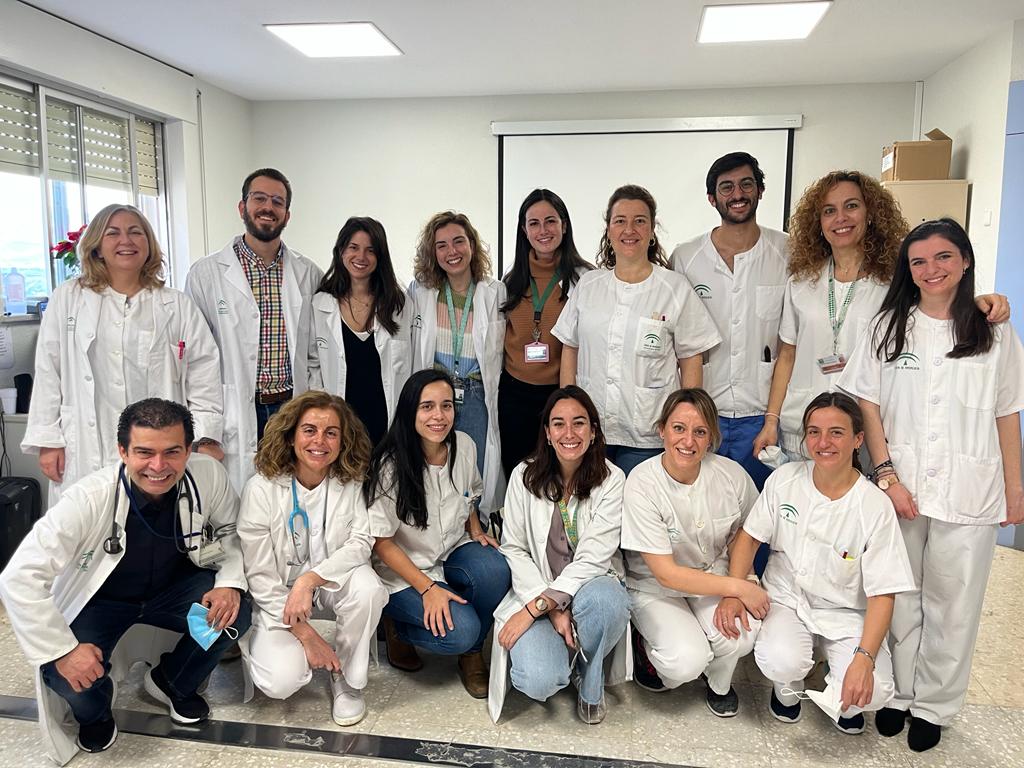
Ta pierwsza nagroda diamentowa sprawiła, że ich sukces został poznany społeczności, mówi dr Martínez. "Ważne jest, aby pacjenci i krewni wiedzieli, że otrzymują opiekę w szpitalu, który został uznany za doskonałość.
„Jest to również wielkie źródło dumy, że szpital z małego okręgu Hiszpanii może zapewnić taki sam standard opieki, jak szpitale w stolicach Europy. Było bardzo, bardzo pozytywne”.
Nie ma wątpliwości, że rok 2021 był dobrym rokiem leczenie udaru w Szpitalu Uniwersyteckim Torrecárdenas. Jednak jeśli musiałeś wybrać najlepszy rok leczenie udaru w tym szpitalu, to może to być rok 2022, to zespół udarowy udowodnił, że był w stanie nie tylko osiągnąć najwyższy poziom sprawności, ale także utrzymać się w nim.
Zdobycie drugiej nagroda diamentowej (za Q4 2022 r.) sprawia, że Szpital Uniwersytecki w Torrecárdenas jest jednym z zaledwie dwóch szpitali w Hiszpanii, które osiągnęły to rozróżnienie. To jedyny nagroda szpital w Andaluzji.

